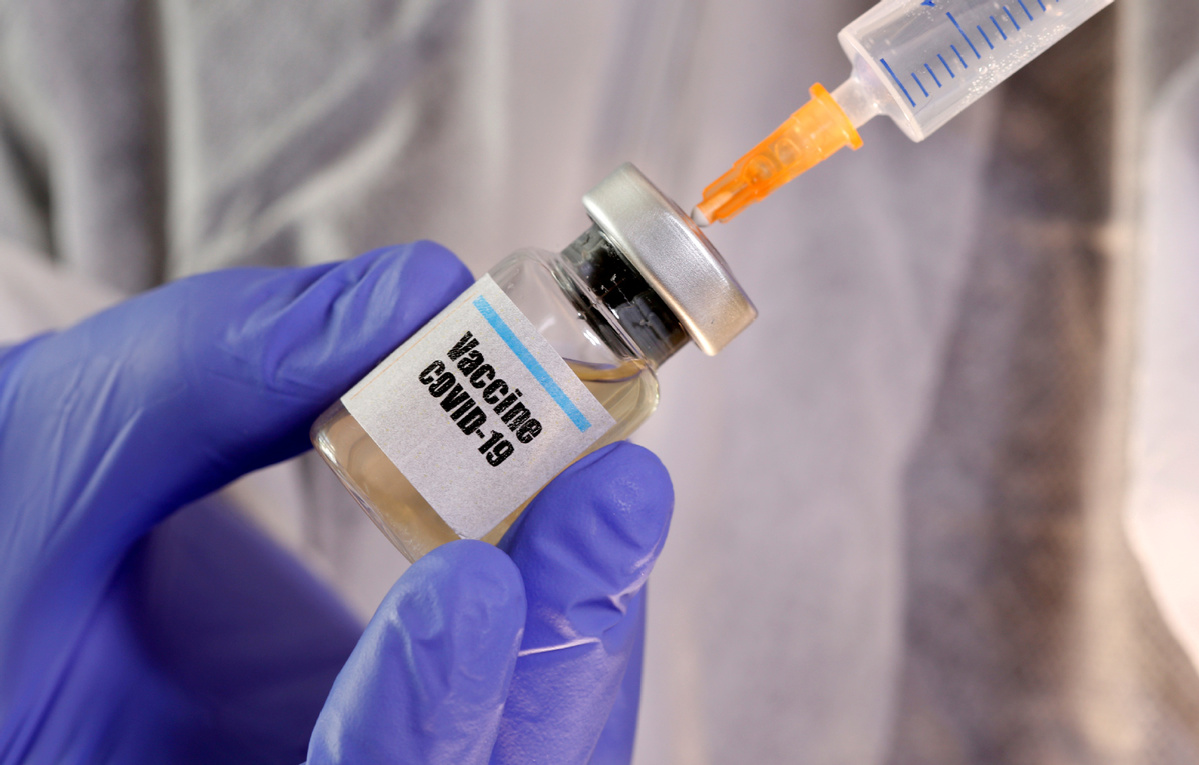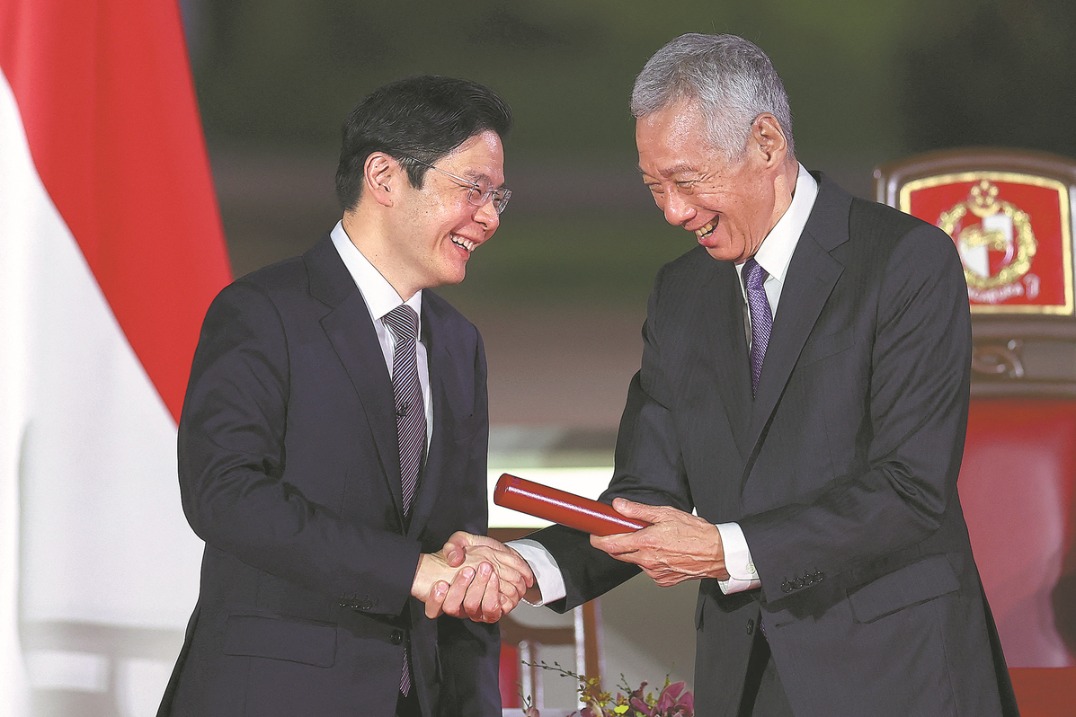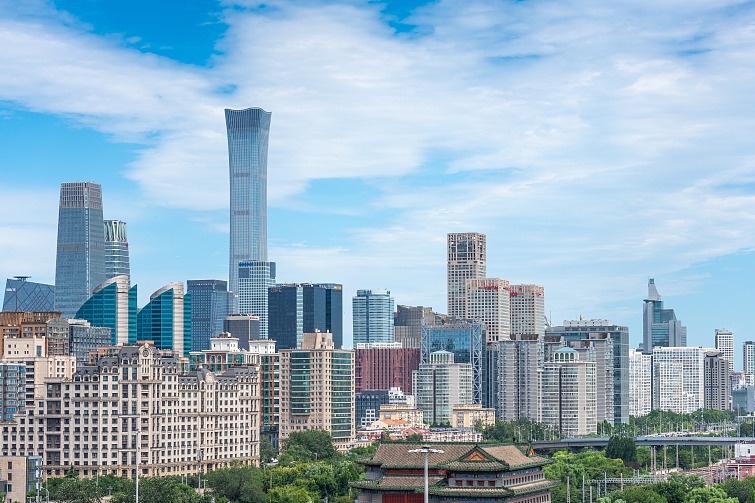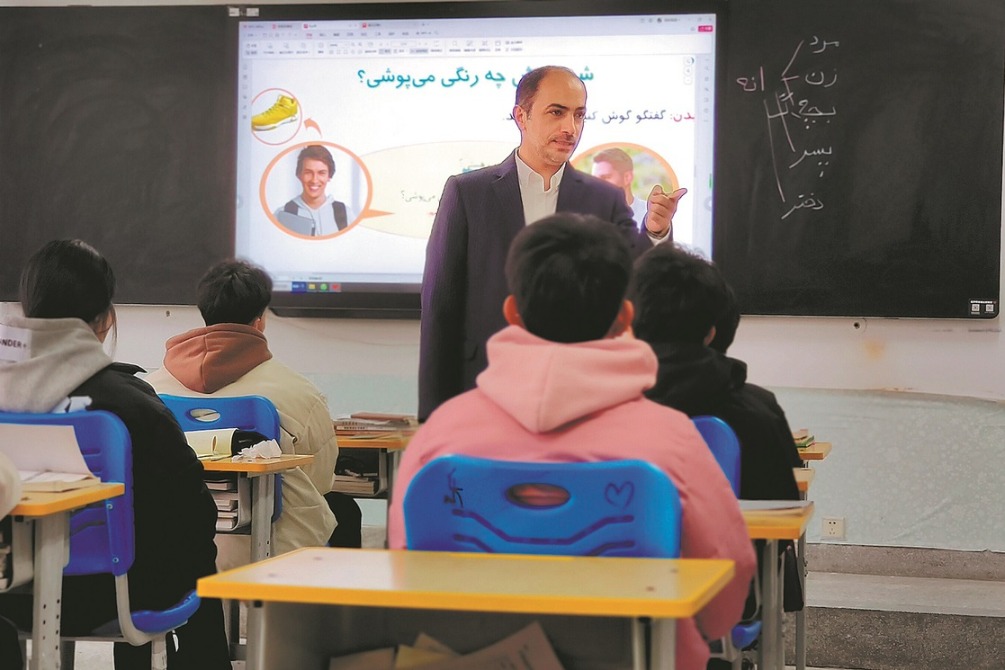Long-awaited vaccines certainly welcome but they are not an instant fix: China Daily editorial
China Daily | Updated: 2020-12-16 07:47

Some countries seem to regard the COVID-19 vaccines as a panacea, that they will be a once-and-for-all solution that liberates their economies and societies from the quagmire of the pandemic. But the tightening epidemic control measures in six regions in China, where sporadic local infections have been found this month, and the normalized pandemic control endeavors in the rest of the country indicate China is not putting all its eggs in the vaccine basket.
With 600 million doses of COVID-19 vaccines set to be produced by the end of this year, and even more in the next few months, the most in the world, China has the capacity to organize a nationwide inoculation program. However, for China, the vaccines are extra insurance, not a magic bullet. Instead of pinning all its hopes on the vaccines, the country has been trying to instill a sense of urgency throughout its pandemic-control system, knowing that before the virus disappears from its last foothold in the world, the nation must continue to carry out the pandemic control measures that have proved effective in containing the novel coronavirus in the country.
That explains why China has kept its quarantine hospitals, stock of essential medical supplies and medical staff in a battle-ready state, and all grassroots pandemic-control task forces remain on high alert.
It is these precautions, along with early detection, early tracing, early quarantining and early treatment that will extinguish any flare-ups in infections as has been shown over the past few months since the virus was generally brought under control in the country in March.
In other words, if countries relax their vigilance thinking the worst is over because the long-awaited vaccines are now arriving, they are likely to be in for a rude awakening.
Since China initiated the emergency use of its COVID-19 vaccines on July 22, tens of thousands of people working in the customs, medical facilities, airports, and other key posts that might put them at higher risk of being infected with the virus, have been inoculated. And the future vaccination process will also be carried out in a step-by-step manner, as the most vulnerable groups will be inoculated first.
That means China-which has pledged to make its COVID-19 vaccines international public goods-can set aside a large proportion of its vaccine production to help those countries in need that might find it difficult to purchase vaccines from developed countries. Many countries from Asia, Africa, Europe and South America are already on the waiting list for Chinese vaccines.
This world-first approach has driven home the fact that China, unlike some countries, recognizes that providing vaccines to the world is a responsibility to be shouldered rather than a privilege it can speculate on for its own ends. It will continue to do all it can to help the world weather the storm.
Large-scale inoculation against the virus represents a big step forward in the world's battle against the common enemy. But it is too early to say final victory has been won.
























